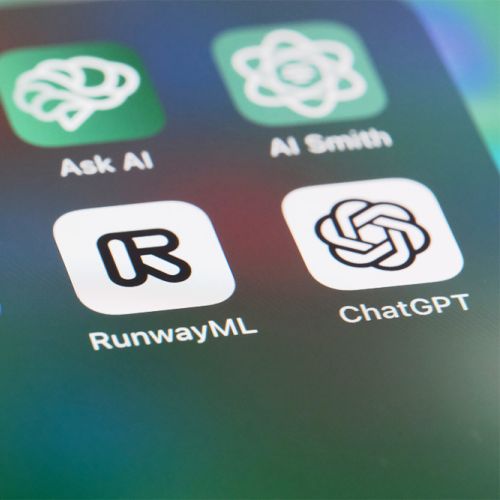
Emerging publishing models
27 September 2023
Academic communication plays a pivotal role in ensuring the smooth functioning of science and technology systems. It operates through two distinct paradigms - the robust, highly profitable publishing industry backed by major conglomerates, and the non-commercial model championed by universities, public research centers, scientific societies, and non-profit organizations. The coexistence of these options is sustained by public funds dedicated to research and development (R&D) and university library budgets, with each embodying a unique approach to ensuring the sustainability of our resea...

AI with and for Open Science
26 September 2023
This session will include two short keynote speaches and a panel discussion on the topic of “AI with and for Open Science”. It will tackle this from different views, Ethics – Algorithms – Infrastructure, with the aim to see how AI supports researchers in their scientific discovery and what are the key ingridients for open infrastructures to make this happen.
One of the primary ways AI is changing academia is through data analysis. Researchers can leverage AI algorithms to analyze vast amounts of data quickly and efficiently. This enables them to identify patterns, correlations, and tren...

Transforming Research Assessment for Next Generations
25 September 2023
The Nexus between Research Assessment and Open Science
Expanding the Horizons: Integrating Diverse Research Outputs
Overcoming Biases: Ensuring Fairness in Research Assessment
Collaborative Initiatives for Open Science in Assessment: CoARA and FOLEC-CLACSO
Emphasizing Change: The Urgent Need for Reform
In the realm of Open Science, research assessment stands as a crucial cornerstone. The global consensus points towards a necessary shift to a more quality and impact-based approach, one that embraces a broader spectrum of research outputs while safeguarding research integrity and re...
